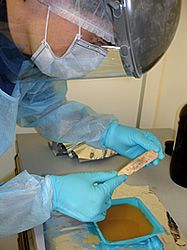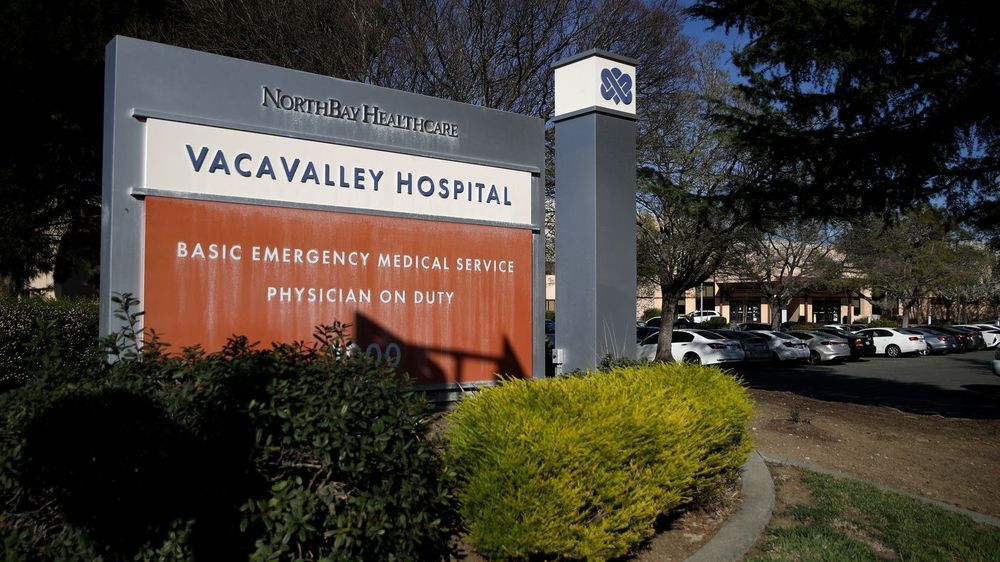“I think we should be very grateful for the virus because it might be the reason we survive as a species.”
Dutch trends forecaster Li Edelkoort has a provocative outlook on Covid-19, the deadly coronavirus strain that has upended manufacturing cycles, travel plans, and conference schedules around the world. Speaking at Design Indaba, a conference in Cape Town last week, the celebrated 69-year old design industry advisor pictured Covid-19 as a sobering force that will temper our consumerist appetites and jet-setting habits.
Edelkoort, who in recent years has become a fashion sustainability crusader, believes we can emerge from the health crisis as more conscientious humans. “We need to find new values—values of simple experience, of friendship,” she told Quartz. “It might just turn the world around for the better.”





